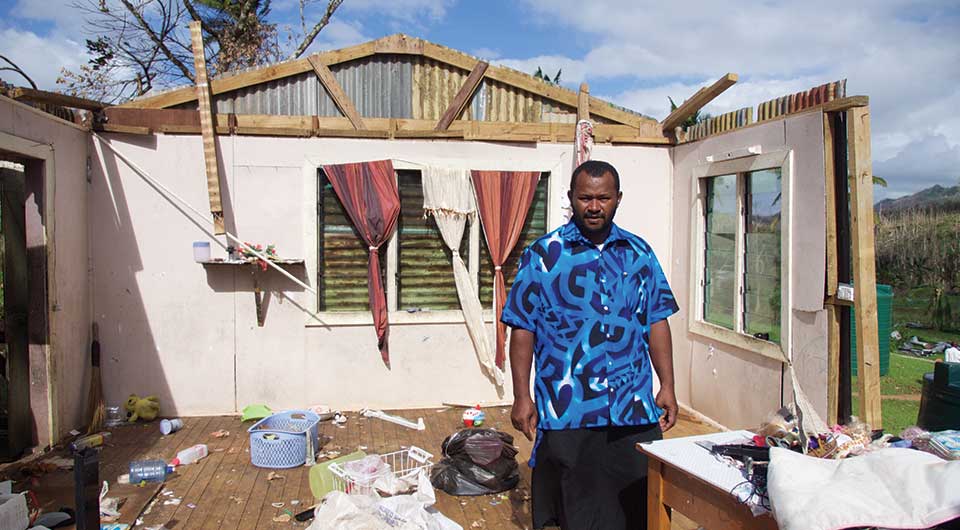Doing Good, Better
15 June, 2017
The impulse to help is a hallmark of humanity – both evolutionists and creationists agree that selfless acts are something which make each one of us uniquely human. Even more so, as a community of faith it’s exciting to realise that within every compassionate action lies an insight into the loving character of our creator God.
A young child sharing their toy; a teenager stopping to help an elderly lady cross the road; a mother opening her purse to support charity; a church shipping a container of goods to the islands.
We should encourage, celebrate and support these kinds of God-revealing activities, shouldn’t we?
At the risk of many things I’m going to suggest, the answer is ‘well, not always’.
For a moment let’s focus on the last item on the list above – the voluminous unsolicited goods which are often packed and sent to communities in need – particularly after a natural disaster has occurred.
It may be in the backyard we call the Pacific, or some far flung corner of the globe – it may even be within our own borders. Wherever a disaster strikes most of us feel the need to respond, and it’s often the things close at hand that come first to mind.
We look around our homes and talk about it at church in conversations that often follow like this: “We have so much and they have so little. Maybe we could pack a container and send it over?”
The container may be full of good quality used goods. New things too: books, blankets, beds and other things not beginning with ‘b’, that are gathered to help those in need.
However, history has taught us many lessons about why sending unsolicited goods may not be so wise. Here are just a few reasons why you’ll never see or hear a reputable aid organisation putting out a call for containers or other shipments of goods:
Time and Cost
The time and cost associated with sending and receiving ‘unsolicited goods’ often outweighs their value. These are just a sample of the costs involved:
- The cost of a container and logistics getting it to the shipping yard, let alone the actual shipping charge
- Labour involved to pack and unpack the goods at each port
- Hours of time to compile shipping lists and other required documents
- Wharfage and handling costs, and tax or import duties.
Local Economy
Building, not decimating, the local economy is crucial to restoring livelihoods after a disaster. Shipping free goods can force down the price of locally produced items and compete with local retailers – which means less income for families at a time when they actually need more. On the other hand, cash donations can be used to stimulate the local economy by allowing items to be bought locally.
Appropriateness
Unsolicited goods are often not appropriate. Sending heavy winter clothing to Pacific Islands (this actually happens) will not really benefit those in need, and toys are secondary in need to clean water, food, shelter and the rebuilding of livelihoods.
Doing Harm
Non-life savings items can clog up docks and airports and prevent lifesaving supplies from reaching disaster-affected areas. Our desire to help may in fact be stopping help from actually arriving. We mean no harm, but as we know, good intentions are not enough.
The take home message is this: sending things overseas, particularly after a disaster, can often do more harm than good. While the impulse to give is a testament to God working in us, it’s important to act wisely.
Talk to anyone involved in logistics or aid or project management, and they’ll tell you the same. Funnily enough it’s these very things that humanitarian agencies specialise in and why organisations like ADRA ask for financial support during times of the disaster.
Why? A cash donation to helps aid agencies buy whatever is needed quickly to meet the changing and complex demands of affected communities.
If you have unused items around the house, try selling them to raise money to give to a registered charity who has launched an appeal and who can provide the transparency needed to ensure the donations reach those who need it most.
Please don’t stop helping. Don’t get me wrong, not sending goods overseas doesn’t mean you can’t help or that your help isn’t wanted. Instead let’s work together to do good, better.
 1800
242 372
1800
242 372